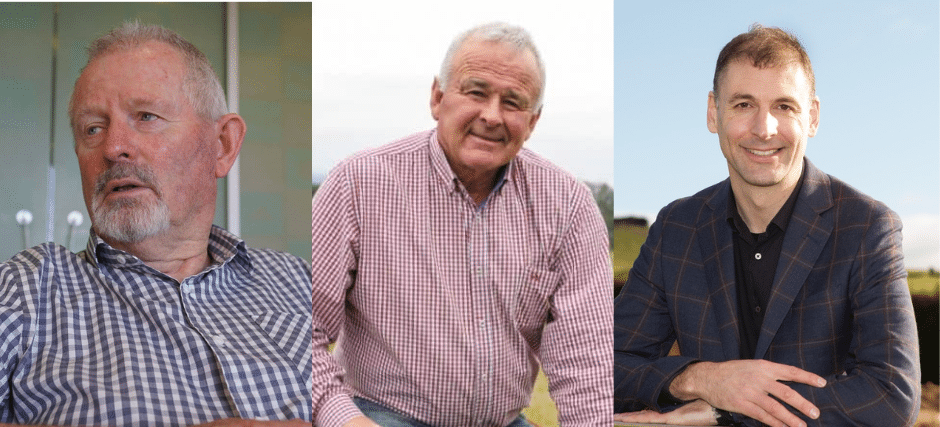
- Mayor Rob Scott suggests merging four councils into two unitary authorities for Southland.
- The proposal could save $10 million annually while preserving local community decision-making.
- Invercargill and Environment Southland leaders call for thorough discussions before any decisions.
NOTE: This story has been updated to include comments from Environment Southland Chairman Nicol Horrell Chair and Invercargill City Mayor Nobby Clark.
Southland District Mayor Rob Scott has proposed a significant change to the region’s local government structure, advocating for a shift from four councils to two unitary authorities. “It’s time now to have this conversation,” Mr Scott said, emphasising the need for a more streamlined and efficient governance model.
The proposal suggests the creation of two unitary authorities: one district-based, encompassing the Southland and Gore districts, and the other urban-based, covering Invercargill City. These new authorities would also assume the regional council functions for their respective areas. “Four councils are too many for a population of 100,000 – there’s a lot of efficiencies we can do by merging together and preliminary estimates show $10 million a year can be saved,” Mr Scott stated.
Under the proposed structure, Southland could see a reduction of 20 councillors, two chief executives, two mayors or chairpersons, and two long-term plans. Despite these changes, Mr Scott assured that local voices would remain strong, with increased responsibilities for community boards and river liaison committees. He also stressed the importance of preserving Gore’s unique identity.
“This proposal will reduce cost, improve efficiency, reduce complexity and keep the local in community decision-making,” Mr Scott explained, adding that it would also align catchments better and offer a more streamlined consenting process.
Commenting on the proposal, Environment Southland Chairman Nicol Horrell said, “The amalgamation proposal from the Southland District Mayor is a timely conversation. There are certainly efficiencies to be gained in local government, and I look forward to a joined-up conversation with our Council colleagues and communities on this.”
Mr Horrell acknowledged the importance of seeking efficiencies, reflecting on feedback from the community during the Long-term Plan process. “We’ve heard from our community through the Long-term Plan process that we need to be looking for efficiencies, and we’re committed to that. I’m sure the Southland District mayor and councillors heard the same when they recently consulted on their own Long-term Plan and no doubt the council is facing difficult decisions around rate setting.”
However, Mr Horrell expressed caution about the proposal’s outcome. “In my view, seeking efficiencies makes sense where similar services exist. I’m less certain that, at first read, the Mayor’s proposal is where we’ll end up, but let’s work together as a region for the best Southland solution.”
He also emphasised the importance of a regionwide approach, saying, “Environment Southland is committed to delivering regionwide outcomes by enabling the sustainable management of natural resources at a catchment scale. Preserving the benefit of this regionwide approach to community wellbeing needs to be the basis of the conversation, and we look forward to being a part of it.”
Invercargill City Mayor Nobby Clark also weighed in on the proposal, noting that discussions had taken place with Mayor Scott. “I have discussed the proposal and announcement today with Southland Mayor Rob Scott. It’s not appropriate for me to make further comment until the Gore District Council and Environment Southland have had time to consider it.”
Mayor Clark emphasised the need for careful deliberation, adding, “I also need time to discuss the proposal with my elected colleagues and our Chief Executive. The decisions required are not to be taken without due consideration.”
Mr Scott does not support the idea of a single unitary authority for all of Southland, citing the distinct differences in priorities between district and urban communities. “We, as the elected representatives of the people of Southland, need to hear the call for change and be brave enough to look at other local government models, such as unitary authorities, which have been done successfully in other parts of New Zealand,” he remarked.
The Mayor highlighted the similarities between Southland’s situation and that of the Nelson and Tasman unitary authorities, noting that Southland could potentially follow their model. However, he acknowledged that much more work and discussion are needed before the proposal could be finalised and presented to the Local Government Commission. “It won’t be an overnight thing – there’s a lot of work to be done before it even goes to the Local Government Commission for a decision,” Mr Scott said.
He urged all councils to engage in a reasoned discussion about the proposal’s merits and drawbacks, and called for inclusive conversations with iwi, key stakeholders, and the wider Southland community.

